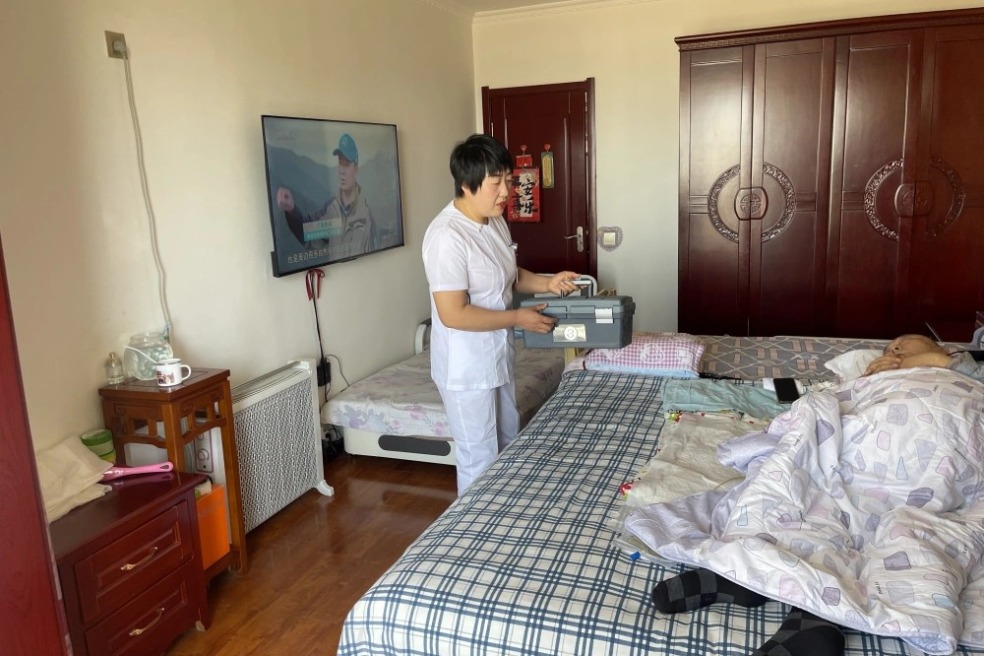Policies released to assist SMEs during disruption


To encourage companies to preserve jobs, the policies allow for the return of unemployment insurance and social insurance expenses for qualified SMEs. They also allocate subsidies for employing laid-off workers.
The city is also offering a notary service and legal consultation for SMEs affected by the epidemic.
According to Wu Sufang, director of the Beijing Bureau of Finance, such policies involve funding of up to 7 billion yuan ($999 million). For the social insurance reimbursement alone, the fiscal investment is about 3 billion yuan, which will benefit about 1.2 million employees, Tan said.
Other preferential policies have been put in place to assist everyday industries. For example, to encourage the normal operation of taxis amid the epidemic, subsidies have been provided to taxi companies reducing taxi rental charges for taxi drivers who continue to work. Rental subsidies for catering chains, fresh food markets and convenience stores that help to meet the basic demand of people during the outbreak have also been increased.
"The policies are expected to benefit more individuals and families while contributing to the overall operation of the city. They also aim to support the stable and healthy development of SMEs in these important and difficult times," Tan said.
Chen Wen, a financial expert from Southwestern University of Finance And Economics, told The Beijing News the policies will help ease the burden on SMEs, guarantee their operation and meet the need of both the real economy and people's livelihoods.
- Visitors flock to Shanxi's Hundred-Regiment Campaign memorial hall
- Rare wild plant species reappears in China's Heilongjiang after 3 decades
- Flash flood displaces hundreds in Xizang
- Chinese scientists develop novel 'marshmallow' concrete to gently stop aircraft during emergency landings
- China achieves substantial reduction in degraded grasslands
- Xi, Bolivian president exchange congratulations on 40th anniversary of diplomatic relations





































